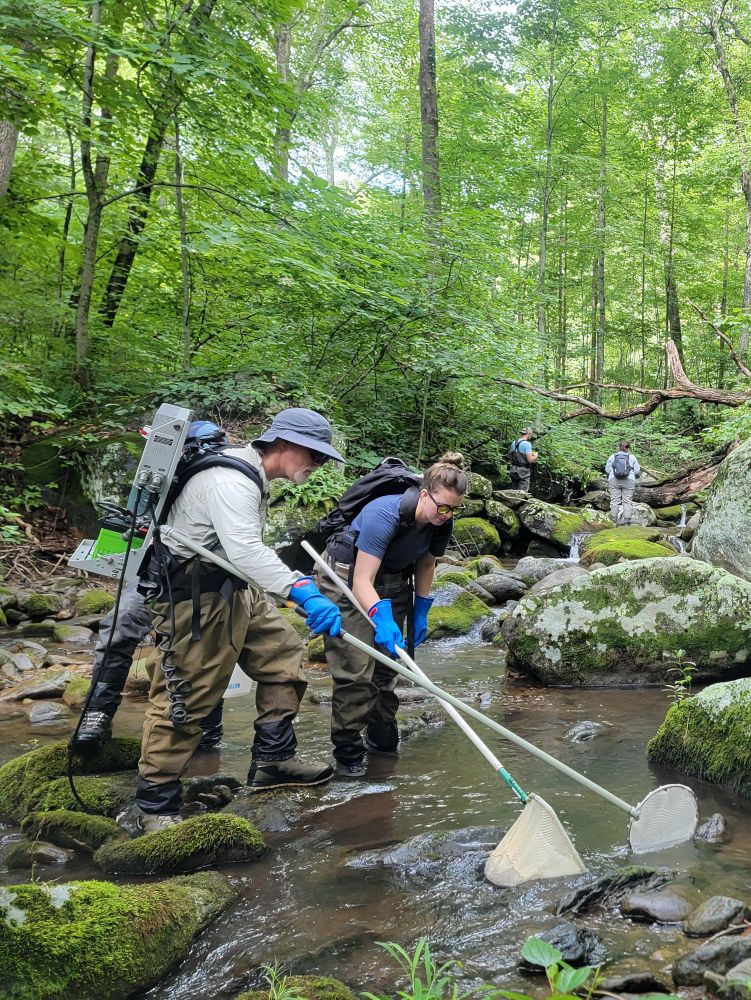Reposted by: Anthony Ricciardi, Joanna Bryson, Melissa Sweet
go.nature.com/48aWjRU

by Garry Peterson — Reposted by: Anthony Ricciardi
Hurtado+
doi.org/10.1093/bios...
rethinking resilience of water-driven transitional ecosystems
"characterized by experiencing periodic and reversible alternations of aquatic-terrestrial transitional states"

Reposted by: Anthony Ricciardi, Anne Applebaum, Michael Cox , and 40 more Anthony Ricciardi, Anne Applebaum, Michael Cox, Anna O. Law, Kim L. Scheppele, Nandita Sharma, Robbert Sanderman, Robert Böhm, Amy Bruckman, Håvard Kauserud, Gavin A. Schmidt, Wolfgang Kiessling, Colette L. Heald, Julie L. Lockwood, Euan G. Ritchie, John R. Hutchinson, Serge Guimond, Megan L. Ranney, Niels Werber, Laura Pereira, Tuomas Mattila, Paul Cassia, Leonhard Dobusch, Carlos Nunes Silva, Caroline T. Schroeder, Andrew Jacobs, Bessma Momani, Peter Jacobsen, Josef Früchtl, Susan Strasser, Urška Demšar, Vaughan S. Roberts, Fábio Angeoletto, Nikki Fairchild, Catriona Seth, Klaus Oschema, Jason Williams, Olivier Sandre, Charles T. Mathewes, Aviel Roshwald, Aidan O’Sullivan, Gareth Terry, Peter Jacobs
Reposted by: Anthony Ricciardi
-Carl Sagan, Billions & Billions: Thoughts on Life and Death at the Brink of the Millennium
Reposted by: Anthony Ricciardi
Though she lived a long, vibrant life, I still felt sad today, knowing that we lost an incredible ambassador for science, whose empathy, curiosity, and resilience inspired me and countless others.
(1/5) 🧪

Reposted by: Anthony Ricciardi



Reposted by: Anthony Ricciardi, Julie L. Lockwood
cdnsciencepub.com/doi/10.1139/...
Pre-print: utoronto.scholaris.ca/bitstreams/9...


Reposted by: Anthony Ricciardi
go.nature.com/46K10ja

www.reuters.com/business/env...

#bioinvasions #invasivespecies
by Anthony Ricciardi — Reposted by: Henry Jones
- Edward Abbey ('Desert Solitaire', 1968).
#WorldRiversDay #StLawrenceRiver

Reposted by: Anthony Ricciardi

It’s not just water that disappears: it’s entire ecosystems and ways of life." theconversation.com/vanishing-wa...



The mixing vessel concept is important for understanding the emergence of invasive zoonotic pathogens from farming practices.

Reposted by: Anthony Ricciardi
www.sciencedirect.com/science/arti...

Reposted by: Anthony Ricciardi

www.onegreenplanet.org/news/fijis-a...

Reposted by: Anthony Ricciardi, Kirstin Drenkhahn
View post
Reposted by: Anthony Ricciardi
cassyni.com/events/GXDbo...

Reposted by: Anthony Ricciardi
Joining them was @ecoinvasions.bsky.social. The land on which they're standing should be under water.





